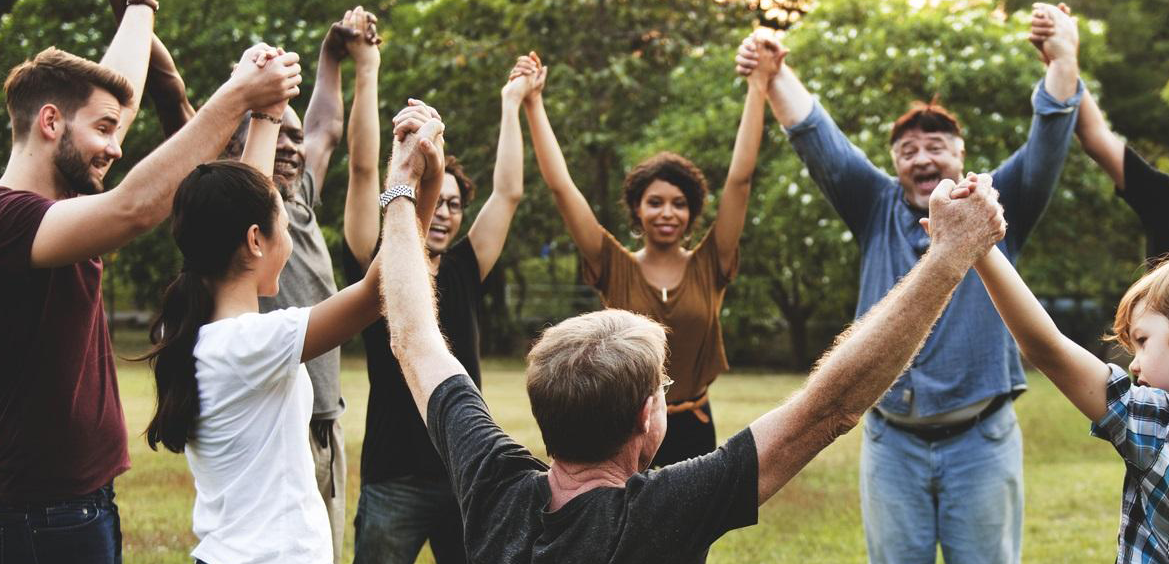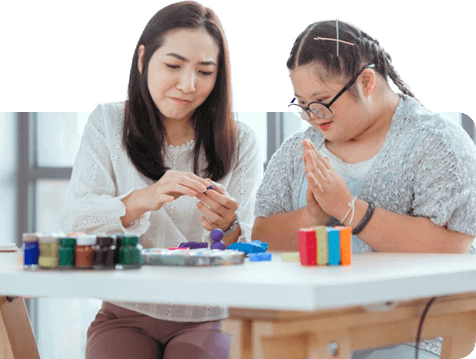Our services are tailored, with love & care, to meet your unique living experience.
Contact us to start your Rosie’s Love and Care journey.

Misinformation and limited or reductive tropes perpetuated in the media contribute to the challenge of confronting and changing attitudes.
Participants in the Dignity Project called for acknowledgement and recognition that people with disability are human beings with the same full dimensions of personhood and human rights as people without disability. They described very few instances of needing help but when they did, said dignified experiences are defined by acknowledgement. In the words of one person:
First off, ask me ‘do you need help?’ and acknowledge that I might not need it. I will ask for help if I need it […] Ask how best to help and provide the help I ask for, rather than doing what [you think] I needed.
People with disability have rights including the right to freedom of expression and opinion and respect for privacy.
So, listen to a person’s response when asked about needing assistance. If you receive a negative response, have empathy for what you may not necessarily understand. If a response is short or angry, accept it and don’t grow resentful. That response may come from a history of discrimination and misrecognition.
The way to ask a person with disability if they would like help depends on contextual, subjective and relational factors. Providing help or support requires consideration of the diversity of experience, the situation, your relationship with the person and the consequences of helping or not helping.
Although helping may seem like an appropriate and polite thing to do, it may not even be appropriate to ask, particularly if doing so becomes a public act that draws attention to the person.
There are some clear messages about what not to do, reiterated in our research and in Zoe Simmons’ tweets.
Never physically touch someone, their assistive technology, aid or a support animal without asking.
It is inappropriate to ask people about their diagnosis or impairment if not related to the topic at hand and make sure you use language that is dignified.
Even if you mean well, avoid comments that frame disability or a person’s existence in a negative light, such as “you’re managing so well despite everything” or “you’re so brave”.
Social change takes time. Auditing your own personal biases while respectfully interacting with a person with disability and simultaneously managing the mix of emotions that can be triggered by disability is a complex social skill.
Building an inclusive society will ensure people with and without disability can interact comfortably in the world together.
A positive and affirming form of “help” might be ensuring environments and attitudes over which you have influence are always accessible and inclusive.
Contact us to start your Rosie’s Love and Care journey.
